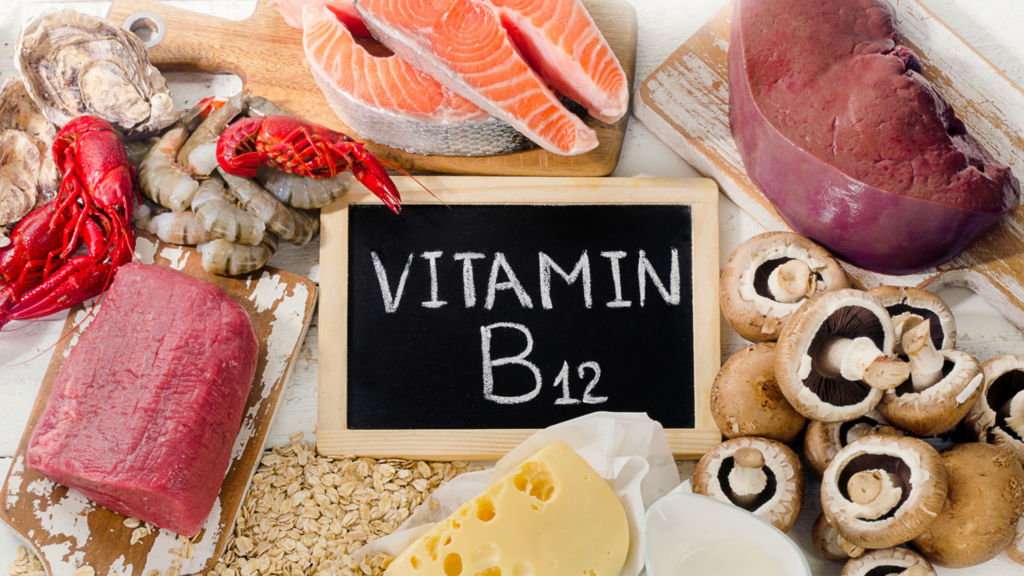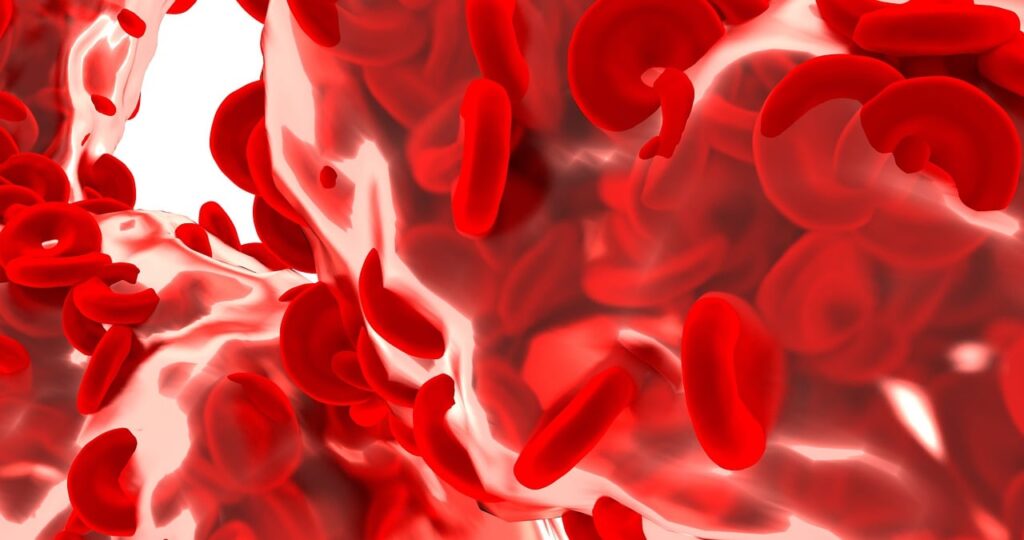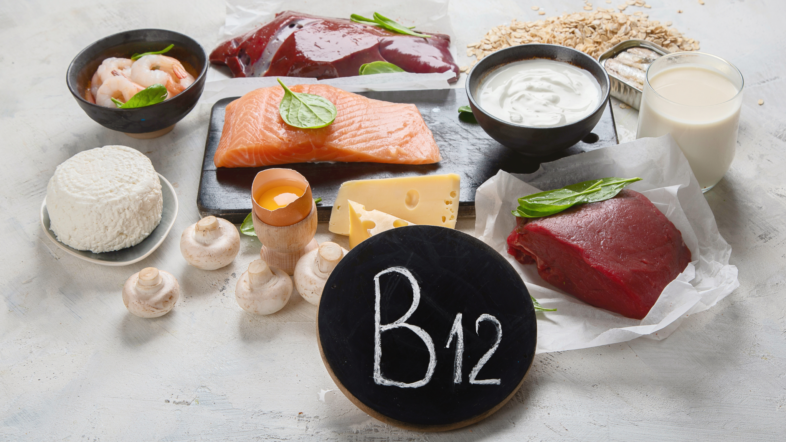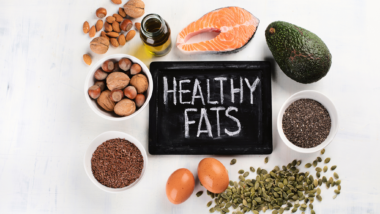B12 Vitamin Basics
The b12 vitamin is just one of the essential b vitamins that are needed to maintain a healthy body and mind. Cobalamin is the alternative name for the 12b vitamin. The body needs the b12 vitamin for a number of different processes including converting the fats, carbohydrates and proteins from all food that is consumed into energy. One of the most important processes that the b12 is essential for is to create healthy red blood cells. The prevention of heart disease relies on the production of healthy blood cells and therefore the b12 vitamin is vital. The b12 vitamin is also vital for keeping the immune system functioning at its maximum efficiency.
Not only this, but the b12 vitamin also works to form the protective covering of all the nerve cells in the body.The production of red blood cells is not the only type of cells that the b12 vitamin is essential for. In fact, all of the cells in the body require the b12 vitamin, including white blood cells and nerve cells. The white blood cells are an important part of the immune system and without the b2 vitamin the effectiveness of the immunity of the body to germs and viruses is heavily reduced. The nerve cells need the b12 vitamin to create the fatty layer that will protect them from damage.
The brain cells are particularly open to disease and damage if there is not enough b12 vitamin present to form this protective layer. Even though the b12 vitamin is involved in so many essential processes the actual recommended daily amount that a body needs is quite small. The fact is that the majority of people consume much more of the b12 vitamin than their body actually requires. The only issue is that the body cannot absorb the b12 vitamin very easily and has to create its own aid to the process.

The intrinsic factor that the body produces helps the body to absorb the b12 vitamin that it needs from food but this still amounts to only half of the total b12 vitamin available. A deficiency in the b12 is extremely rare in most people and is made even less likely because the body can recycle the b12 vitamin that it already has absorbed.
A few groups of people may develop anaemia due to a lack of b12 vitamin in their diet. Young children often have a problem getting enough of the b12 vitamin because they may be extremely fussy eaters and it is important to encourage them to eat as wide a variety of foods as possible. This is not only the case with the b12 vitamin but is true for all essential vitamins and minerals.
The Importance of the B12 vitamin
The 12 B Vitamin and Body Health
The 12 b vitamin is one of the b vitamins that are essential to maintain a healthy body. Otherwise known as Cobalamin, the 12b vitamin is needed for the processes to convert the carbohydrates, fats and proteins from food into energy. 12 b also, more importantly, helps keep the red blood cells healthy and therefore prevent heart disease as well as keeping the immune system functioning at its maximum level. In addition, 12 b is used to create the protective covering of all nerve cells in the body.
Forming Healthy Red Blood Cells
The most important function of 12 b is to form healthy red blood cells. However, all cells need 12 b to keep them healthy. It is the white blood cells, amongst others, that need 12 b to help ensure that the immune system functioning properly. All of the nerve cells in the body also need 12 b to form their protective fatty layer. This is essential for all of the nerves but is especially so for those in the brain. If there is not sufficient 12 b to create this protective layer then the brain will not be functioning properly.

The Body’s 12 B Requirements
Interestingly, the amount of 12 b that the body needs is relatively small but is needed on a regular basis. However, 12 b on its own is not enough as the body cannot absorb it easily. To help the body absorb 12 b the stomach produces intrinsic factor which enables more of the 12 b to be absorbed. 12 b is only found in animal foods such as liver, eggs, fish and meat but most people consume far more than their recommended daily amount of 12 b.
This is not a problem as the body can only absorb about half of the 12 b that is consumed. It is also worth noting that the body can recycle the 12 b which cuts down on the impact of a 12 b deficiency. However, strict vegetarians or vegans are likely to require 12 b supplements if they do not eat any animal products that contain 12 b.
Symptoms of 12 B Deficiency
If the body does not have enough 12 b then anaemia is the most obvious symptom. Obviously, this is due to the fact that there is not enough 12 b to make healthy red blood cells. Anaemia can also be caused by the body not creating enough intrinsic factor to help absorb the 12 b that is available in the food consumed.
The body tends to makes less intrinsic factor once a person reaches 50 and this will lead to less 12 b being absorbed and supplements of 12 b may be required. Kids are also at risk from anaemia because they may not eat the food that contain 12 b. Pregnant women need more 12 b because the baby is absorbing 12 b during the pregnancy to grow properly.


